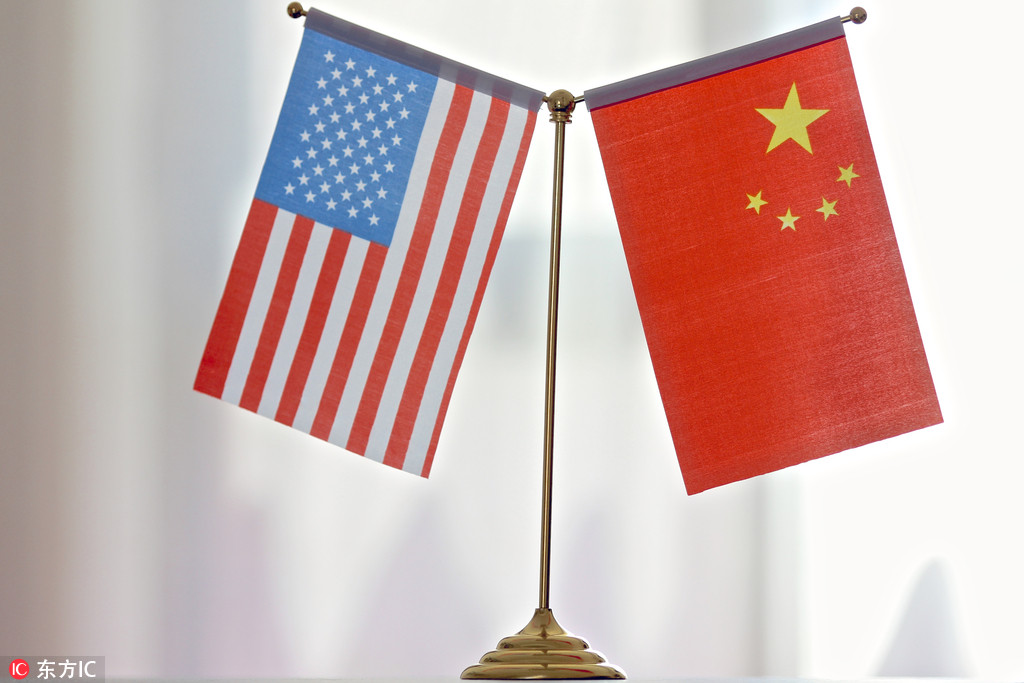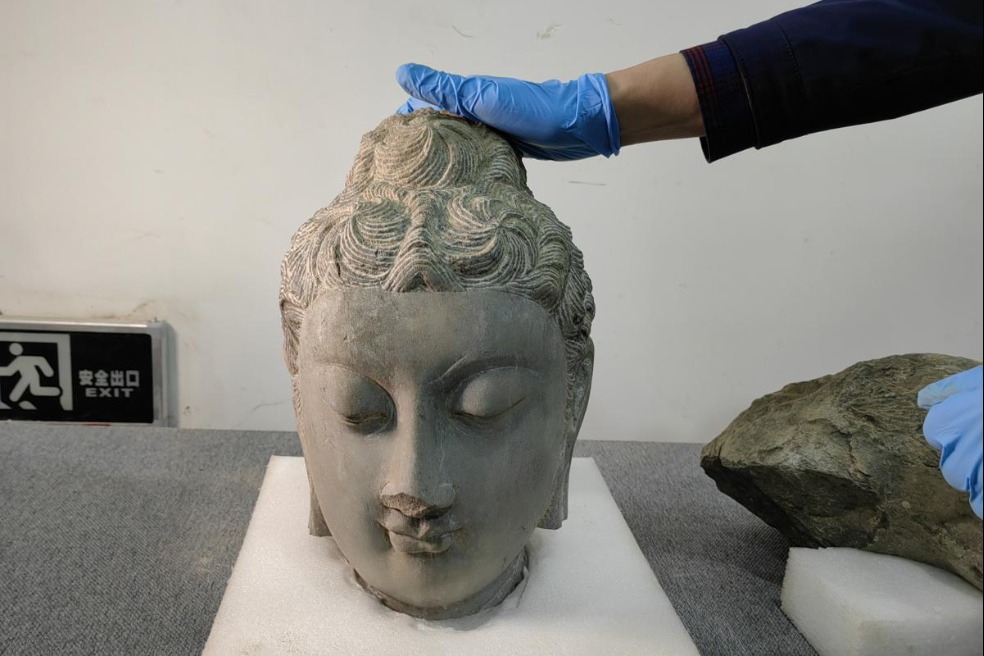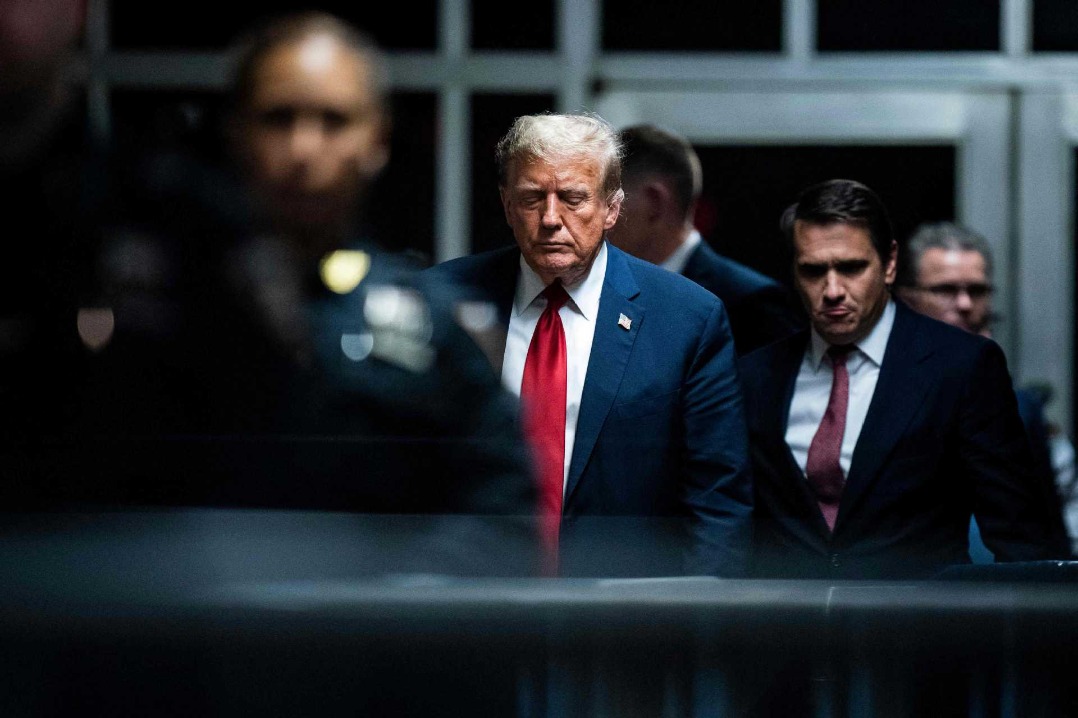The US-provoked tech decouple must stop if ties with China are to improve
By Andrew Korybko | chinadaily.com.cn | Updated: 2021-11-26 09:19

In a recent report by Reuters, while the Senate-passed US Innovation and Competition Act (USICA) from June authorized nearly $250 billion towards strengthening that country's tech research and development with an emphasis on semiconductor production has stalled in the House, some of its provisions might be included in the upcoming annual National Defense Authorization Act (NDAA).
Chinese Foreign Ministry spokesman Zhao Lijian accurately described USICA as distorting facts and brimming with Cold War-era zero-sum thinking. This is because it essentially continues former US President Donald Trump's counterproductive policy of attempting to "decouple" his country from China. Mr. Zhao reminded the world that "Economic globalization is an objective and historical trend" and that the US therefore mustn't continue "to weaponize science, technology, and economic and trade issues".
His comments came against the backdrop of reports that the White House allegedly challenged Intel's plans to increase chip production in China, according to Bloomberg. The Biden Administration purportedly relied on national security pretexts to pressure the company into reconsidering its plans. If these reports are true, then this is yet another example of the incumbent president following in the footsteps of his predecessor despite their partisan differences on a wide range of other issues.
It's with this observation in mind about America's consistently hostile approach towards China that Zhao said that "We urge the US to adopt a correct attitude, follow the trend of the times, discard the zero-sum mentality, earnestly uphold a fair, just and non-discriminatory market environment, and take concrete actions to build an open world economy." Nothing short of that can substantively improve their relations and prevent them from sliding further towards crisis.
Judging from the earlier cited reports, the US appears to have no sincere desire to stop its provokation on China. These multidimensional unconventional forms of aggression weaponize that which was previously thought to be un-weaponizeable. The US-provoked tech decouple with China is a perfect case in point. International cooperation in this sphere is imperative for accelerating mankind's socio-economic development. "Decoupling" will hurt not only both countries, but all of humanity.
Nevertheless, the US' ideologically driven Cold War-era zero-sum thinking blinds it to this objective observation. Its leadership, as well as the powerful military-industrial complex that exerts disproportionate influence upon American decision makers, has convinced itself that it can "go it alone" without continuing to cooperate with China. The hyper-politicized talk nowadays about diversifying supply chains is intended to establish the pretext for more dramatic moves in this direction.
The US' perception managers are lying to their people by omission. They're withholding the crucial fact that the problems connected with semiconductors are the direct result of the US' trade conflicts. This makes the alleged crisis in that industry a completely manufactured one that was initiated for self-interested financial reasons as part of America's hybrid war on China. The intent is to enrich certain US stakeholders by deliberately disrupting supply chains and thus raising prices for consumers.
"Decoupling" the Chinese and US tech industries isn't a strategic decision in the direction of bolstering American sovereignty like it's falsely presented, but is a financial one aimed at advancing the interests of a narrow economic elite. Be that as it may, it nonetheless has grand strategic implications because it risks complicating the global economic recovery, worsening tensions with China, and thus further destabilizing International Relations. Unless the tech war stops, the world will remain unstable.
Andrew Korybko is a Moscow-based American political analyst.
The opinions expressed here are those of the writer and do not necessarily represent the views of China Daily and China Daily website.
If you have a specific expertise, or would like to share your thought about our stories, then send us your writings at opinion@chinadaily.com.cn, and comment@chinadaily.com.cn.
























